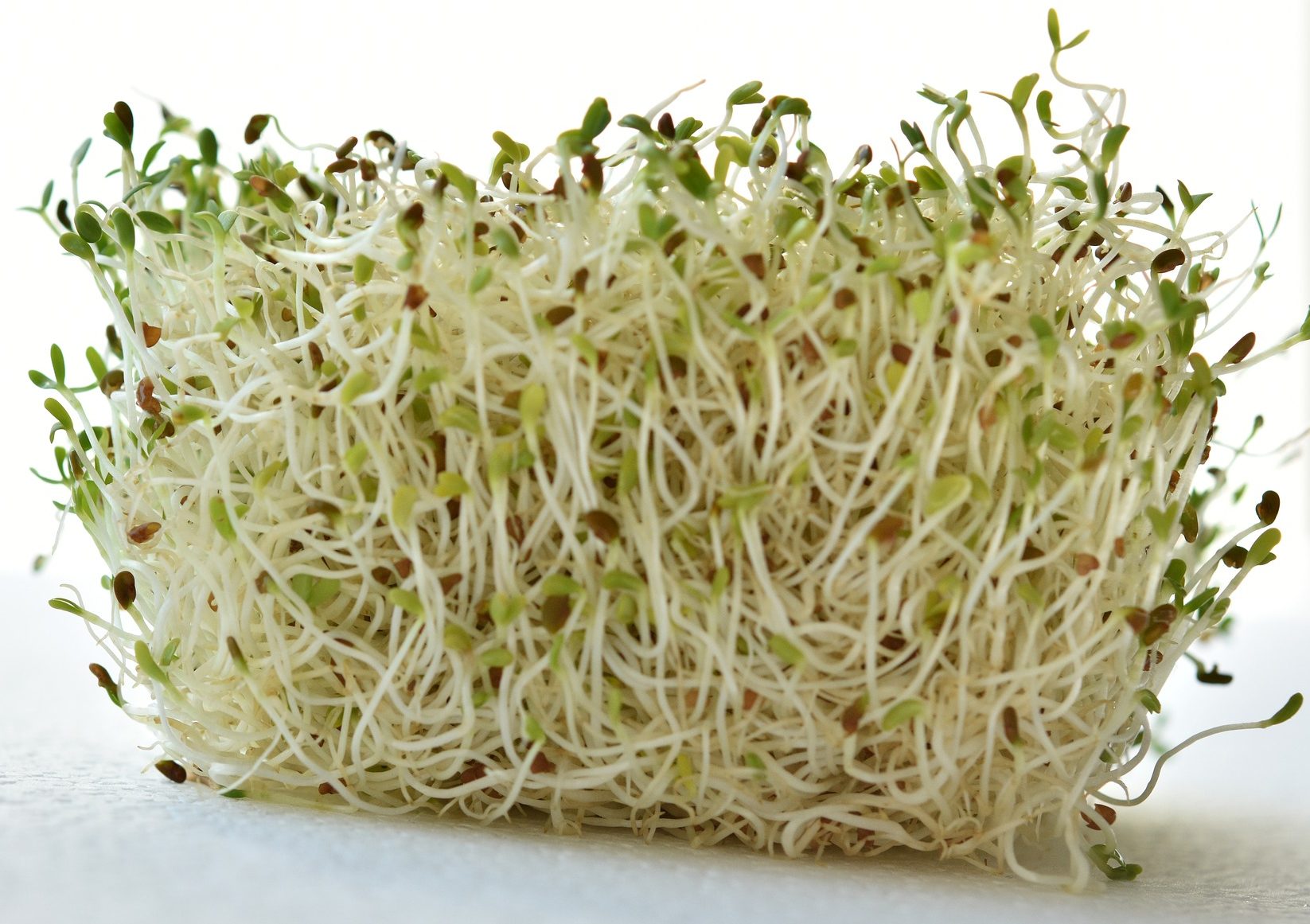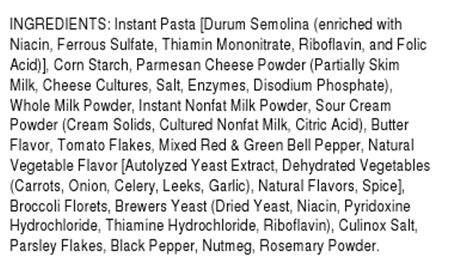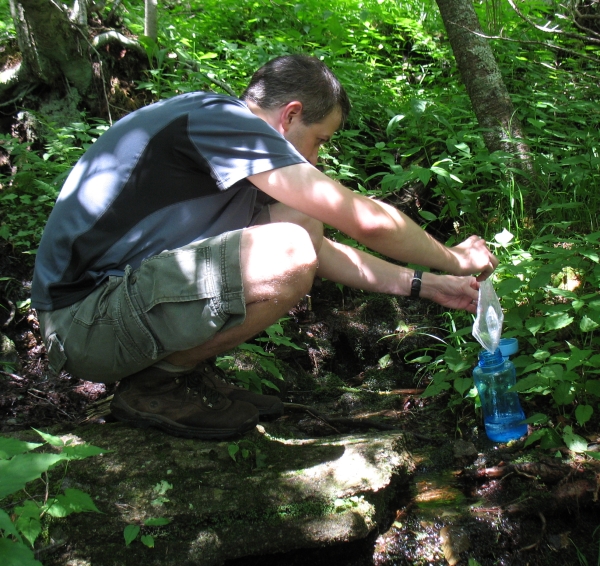1. Sprouting is Green Sprouts are the edible young shoots of a plant as it germinates from a seed to a plant. Sprout seeds are low-cost and provide a steady supply of healthy, economical food. The seeds can be stored for 3 – 5 years if kept dry and at room temperature. Sprouting requires no electricity and minimal water — the growing process requires simply sunlight and moisture. Unlike gardening, you don’t need soil, fertilizers, specialized processing, or packaging. You can sprout seeds in a bag, mason jar, or recycled plastic container. Sprouts will grow in nearly any climate, although […]
Dietary
Why sacrifice a decent meal when you are on the trail? Eating well on the trail tastes better and gives you the right types of food to enhance your performance and give you the gusto to go a little further. Eating well does not have to be gourmet or cost a fortune. Learn how to compare packaged foods to determine if the meal is worthy of stashing in your pack for your next outing. Start by following these tips. Should I buy this common backpacking meal? The product displays the following ingredients: 1. Decode the Ingredient List Here is an […]
How can you determine if a company is attempting to sell you a low-quality product despite its health claims? Food labels assert healthful claims on packaged products to get you to purchase them. Knowing what to look for in the ingredient list allows you to determine its worth objectively. There is a great deal of conflicting information available. Most people with special dietary needs are adept at reading labels to determine if the food contains hidden ingredients or allergens. Even if you don’t have any dietary restrictions, it’s beneficial to understand the ingredients in your food. There is an increasing […]
Do you ever notice your lips tasting like salt or feel grainy salt crystals on your face after hiking in hot weather? Maybe your eyes burn as sweat drips off your eyelids. Those are electrolytes—what is left when the water component of sweat evaporates. They need to be replenished by drink and diet. An electrolyte imbalance is not just a theoretical concern. It can lead to muscle cramping and fatigue, especially during prolonged activities like backpacking or hiking. This imbalance, caused by the loss of water through sweat or elimination, can result in muscle cramping and heart palpitations if you do […]
Food is a mixture of nutrients that produce energy for the body, stimulate growth, and maintain life. The six classes of nutrients: Carbohydrates Protein Fats Vitamins Minerals Water Of these six nutrients, only the first 3 provide calories in the form of energy for the body: carbohydrates, protein, and fat. 1 gram of carbohydrate = 4 calories 1 gram of protein = 4 calories 1 gram of fat = 9 calories Backpacking in mountainous terrain can burn 4,000 to 5,000 calories per day. If fat makes up more than the combined calories of a protein and carbohydrate, why not just […]




